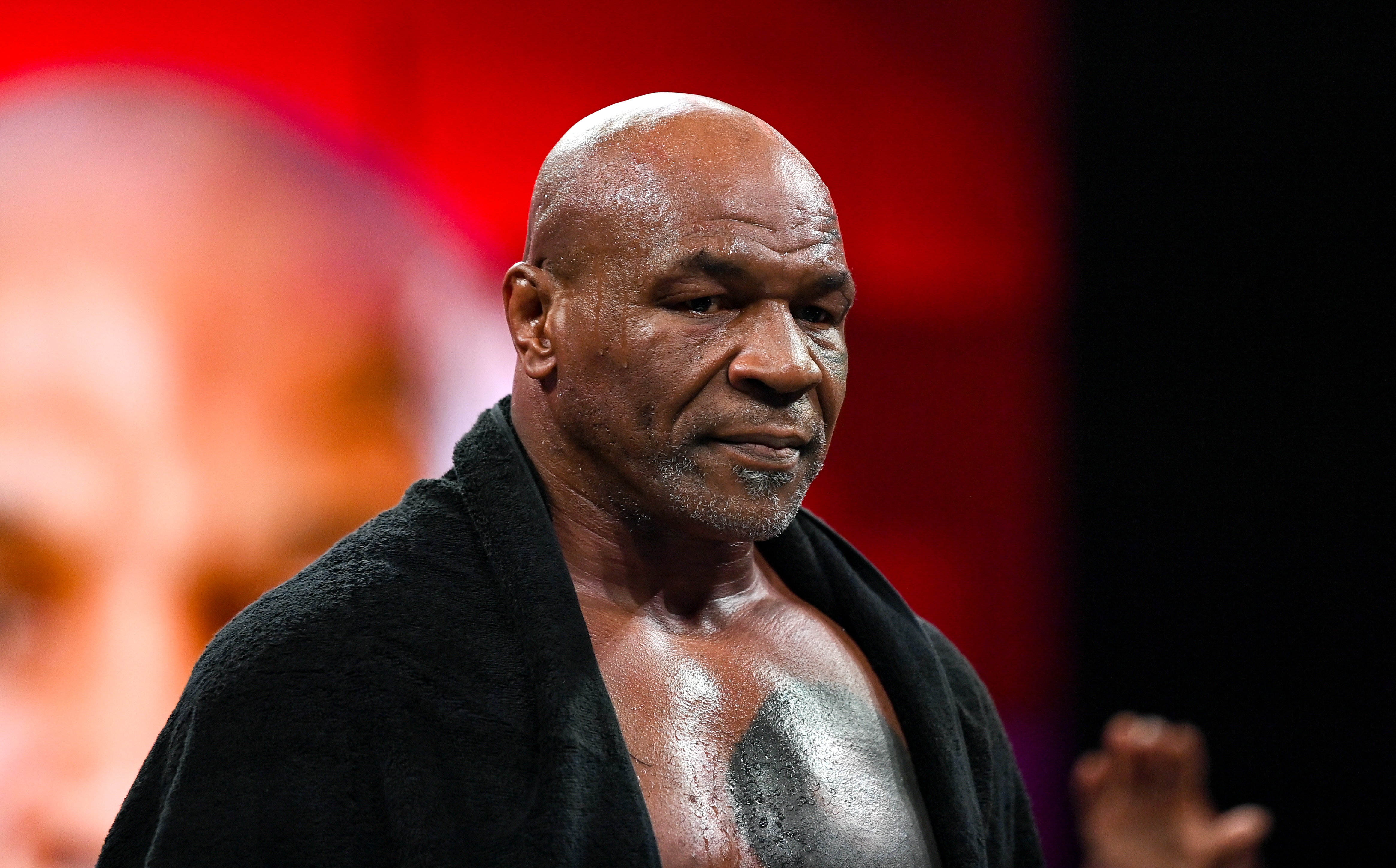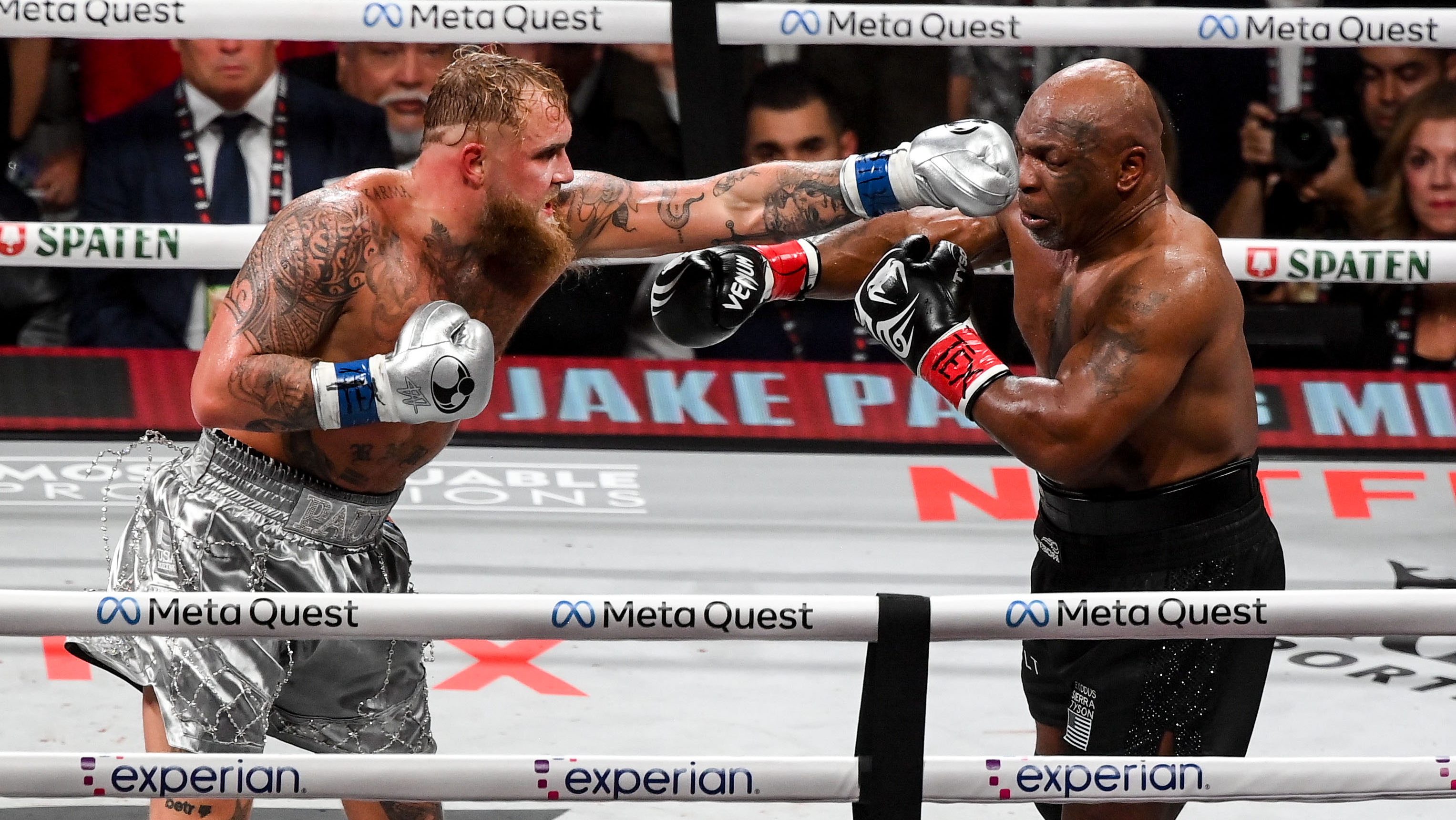The unprecedented attention Caitlin Clark has brought to women's basketball has also put the massive salary disparity between the WNBA and the NBA under the microscope.
The University of Iowa star was taken by the Indiana Fever with the No. 1 overall pick of the WNBA draft on April 15 after a season in which she set records on the court and in the television ratings for women's basketball.
She is expected to sign a four-year, $338,000 contract with the Fever as part of the WNBA's rookie wage scale, according to Spotrac, a site that tracks player contracts across multiple sports.
She will earn $76,535 in her rookie season this summer, which has many Clark fans outraged at the relatively small number given her impact on the sport.
The Hurricane season is on. Our meteorologists are ready. Sign up for the NBC 6 Weather newsletter to get the latest forecast in your inbox.
Many Clark fans weighed in on social media and expressed dismay at her low pay compared to what NBA draft picks make.
"These ladies deserve so much more…Praying for the day," Pittsburgh Steelers quarterback Russell Wilson wrote on X.
Sports
"Aint no reason i should have a higher salary than Caitlin Clark man," another fan wrote.
"To everyone trashing Caitlin Clark’s salary, I agree and want better for them," another person wrote.
TODAY’s Hoda Kotb also did a double take when she saw that salary figure, compared to the life-changing riches that top NBA draft picks earn.
“When I saw the number, $76,000 in the first year and $78,000 in the second year, and $85,000 in the third year, for somebody who is now the face of women’s basketball, it seemed kind of ridiculous,” Hoda said on TODAY Tuesday. “A guy who is in the NBA, first year, they can get $10 million.”
The No. 1 overall pick in last year's NBA draft, San Antonio Spurs rookie star Victor Wembanyama, has a four-year, $55 million contract in which he earned $12.1 million in his first season, according to Spotrac.
While Clark will most likely make millions from endorsements, there is a huge gulf between her salary and her NBA counterparts.
Stephen Master, a professor of sports marketing and media at NYU's Stern School of Business, said the primary way for the WNBA to boost pay is to get a larger television contract and increase ticket sales.
"There just hasn't been enough time to catch up in terms of those media rights deals," Master, who also worked for the NBA and the ratings firm Nielsen, tells TODAY.com. "Those deals are done so long in advance, and they're looking at historical numbers when they're evaluating bids on those rights.
"The NBA's deal is based on the history of the NBA drawing a certain level of viewership and sponsorship, selling out arenas, and being an overall part of the zeitgeist."
The league hopes Clark will be a driving force in that push, as 36 of the Fever's 40 games will be on national television this season.
The hype over Clark's addition to the Fever was so high that the team packed its home arena with fans watching the draft on Monday night, even though the event was in New York City.
The WNBA currently makes about $60 million a year from its media rights, a contract that's set to expire in 2025, according to Front Office Sports.
In comparison, the NBA is in the midst of a $24 billion television deal that pays $2.7 billion annually. Plus, the league is expected to command between $60 billion and $72 billion when it renegotiates its TV deal this summer, according to Sports Business Journal.
For WNBA salaries to get in the ballpark with NBA salaries, Master said, viewership needs to rise dramatically.
"(The rise in ratings) can’t be 5-10 percent," Master said. "It needs to be like 400 or 500 percent growth.
"If Caitlin Clark is able to help take this to a billion-dollar entity, she should get paid, and all the players should get paid more," he said. "The pie would be much bigger to split."
This story first appeared on TODAY.com. More from TODAY:



